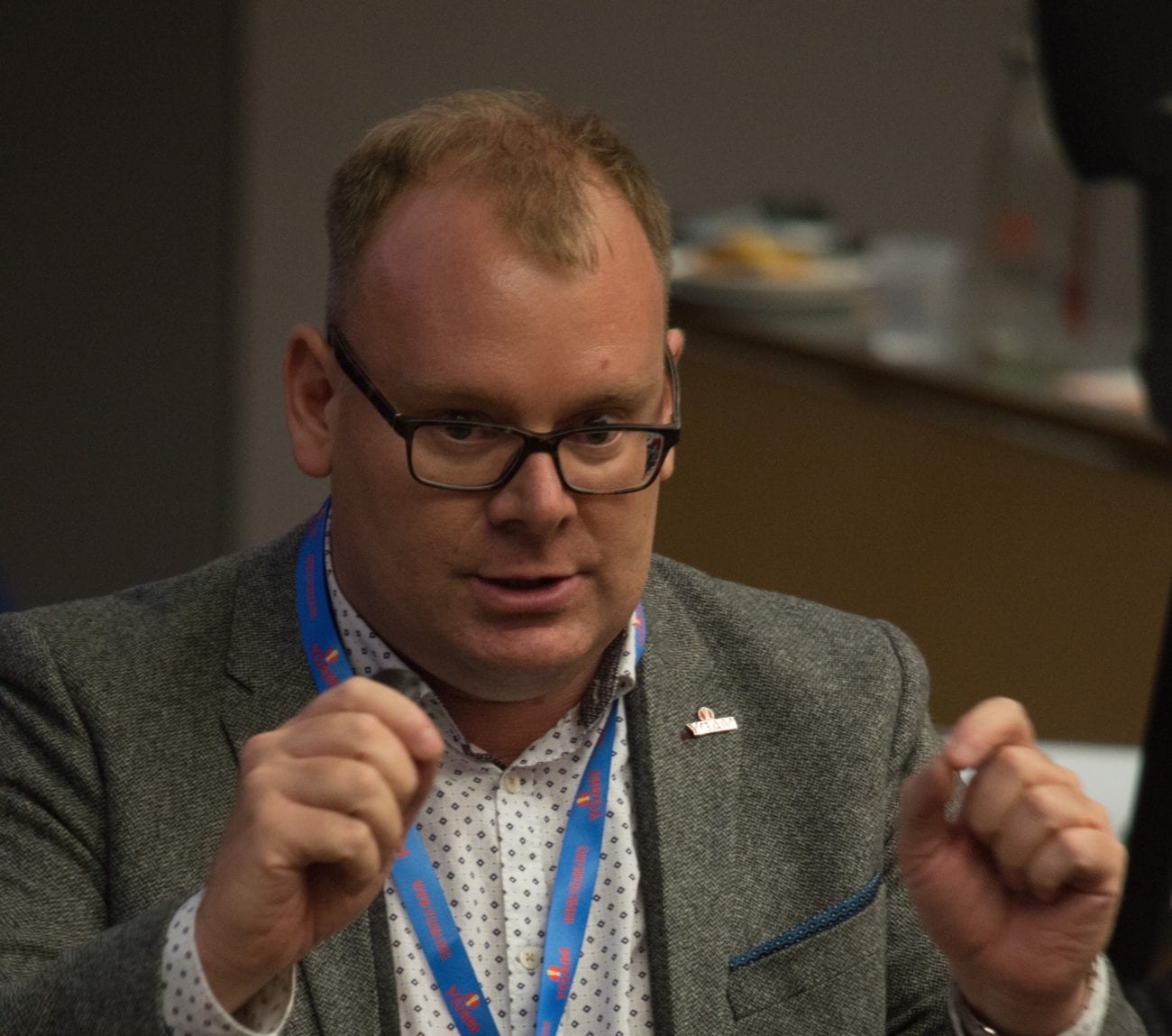YGAM calls for more player involvement in regulatory change

The founders of the Young Gamers and Gamblers Education Trust (YGAM) have argued in favour of a more diverse range of players being involved in experts by experiences initiatives, going beyond those that have suffered gambling related harm.
Its chief executive and co-founder Lee Willows (pictured) explained this approach would make the process of developing new safeguards fully inclusive, by forming a broader picture of different gambling experiences to inform decision-making.
Experts by experience initiatives bring together groups of people with lived experience of an industry, product or issue, to have a say in the development of public policy or safeguards. For gambling, this has traditionally seen those that have suffered gambling related harm involved.
The Gambling Commission, for example, has formed an interim experts by experience group to provide advice, evidence and recommendations to help inform decision-making and raise standards.
This group has already provided insight into elements such as stake limits, marketing and responsible game design, with the regulator planning to establish a permanent advisory body.
“It is pleasing to see more contributions made from people with direct experience of the tragic harm that gambling can cause some individuals, such as the YGAM founders,” Willows said. “Lived experience, or what the Commission is terming ‘experts by experience’ is a really important part of the conversation.”
“Personally, as someone who lost everything to a gambling addiction, I am always grateful for the opportunity to contribute my insight and experiences as such a level of inclusion would have been unheard of five years ago.”
However, he argued that a broader base was needed to leverage individuals’ personal insight, knowledge and understanding in guiding change. Willows explained that lived experience must include “a chorus of different voices” representing the wider player spectrum, rather than only those that had experienced gambling distorder.
“Surely it’s important to understand how and why the vast majority of people who gamble can do so without experiencing a problem, as well as the reasons why some will develop significant and profound gambling related problems?
“If we accept the vast majority of people gamble within their means and with no adverse consequences, then understanding why this happens is just as useful as understanding why people like I cannot,” he said. “By taking this much broader approach it would be amazing if different people within the debate can find some common themes to focus on and move forward in a progressive and non-judgemental way.”
Another YGAM founder, Anne Evans, added that efforts to tackling gambling related harms were moving in the right direction, with “some extremely talented people” working to make a difference.
“There will always be a wide spectrum of opinions on what needs to be done to reduce gambling harms and all these views should be welcomed,” she said. “There is no perfect solution. We need a diverse spread of perspectives to engage in the debate. We must respect all the different views and always be kind.”
